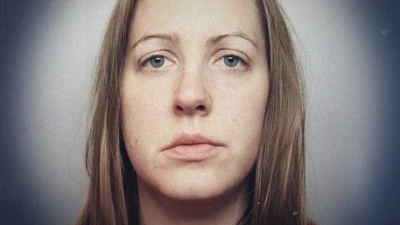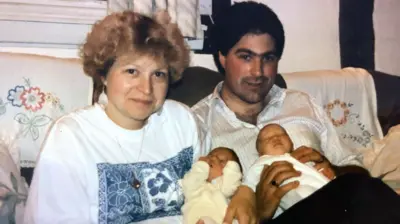We've updated our Privacy and Cookies Policy
We've made some important changes to our Privacy and Cookies Policy and we want you to know what this means for you and your data.
Brompton wins heart surgery case
- Author, Fergus Walsh
- Role, Medical correspondent
The Royal Brompton hospital in west London has won the first round of its legal battle against the review team which sought to close its children's heart surgery unit.
It is an extraordinary case - some reports suggest this is the first time one NHS body has taken action against another. It certainly must be costing a small fortune, money which all concerned would rather see spent on patient care.
There is general agreement that children's heart surgery should be confined to fewer units. This argument dates back a decade to the Bristol heart inquiry led by Professor Ian Kennedy. Earlier this year the national review team for England proposed that 11 surgical units be reduced to 7. It put forward a number of different potential re-configurations, but in none of these did the Royal Brompton figure.
Unfair
It's worth pointing out that the judge was not asked to decide on the wisdom of the review team's proposals. Rather, Mr Justice Owen was asked to determine whether the review process was fair to the hospital. Most of the grounds put forward by the hospital were rejected.
But the judge said - on one key point relating to assessing the quality of research - it was so unfair to the hospital as to be "radically wrong".
As a result he ruled that the consultation exercise was unlawful and must be quashed.
This ruling does not ensure the future of all current children's services at the hospital. But it may mean the consultation process has to be re-run.
For the Royal Brompton, there is a lot riding on the outcome. If it loses children's heart surgery, it is inevitable that its paediatric intensive care unit will close.
Cystic Fibrosis
This would have an impact on its respiratory services. The hospital runs Europe's biggest Cystic Fibrosis unit and cares for a range of rare and complex lung disorders. If it does not have a paediatric intensive care unit, then a small proportion of serious cases will have to be treated elsewhere.
it would lead to the eventual break-up of its world-class respiratory team, and the loss of the research programme. This is strongly rejected by the review team which argues that the vast majority of services at the hospital could continue.
Appeal
So what happens next? Sir Neil McKay, chairman of the review team made clear that there would be an appeal. He said he was disappointed that the consultation was quashed "on an obscure technical point", adding the judge's decision was based on a "misunderstanding of the review process".
Whatever the outcome of the appeal, says it plans to make a final binding decision by spring next year at the latest.
Amalgamating or axing any hospital service is contentious, and in this case the national decision was delegated to a joint committee of primary care trusts. Many see this as a blue-print for the future. Rather than ministers making the unpopular decision to close a casualty department, hospital, or specialist unit, it could be left to an independent committee.
This legal battle shows how difficult it is to re-configure the NHS, even when there is broad agreement with the underlying objectives.
Top Stories
More to explore
Most read
Content is not available








